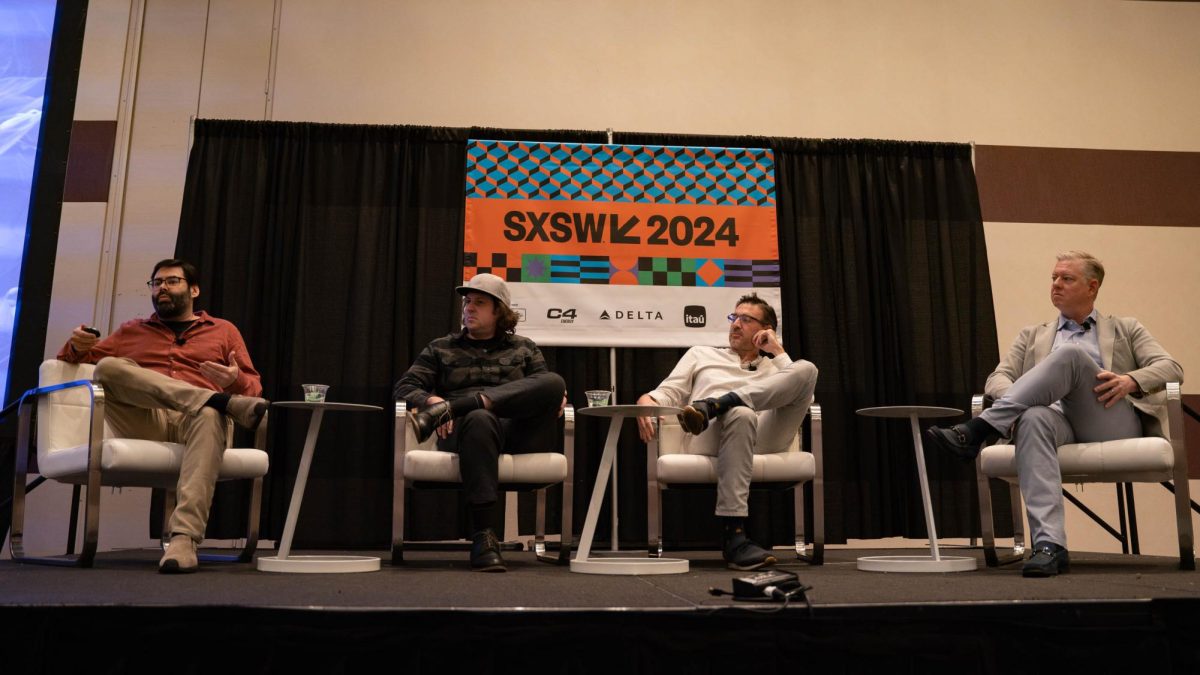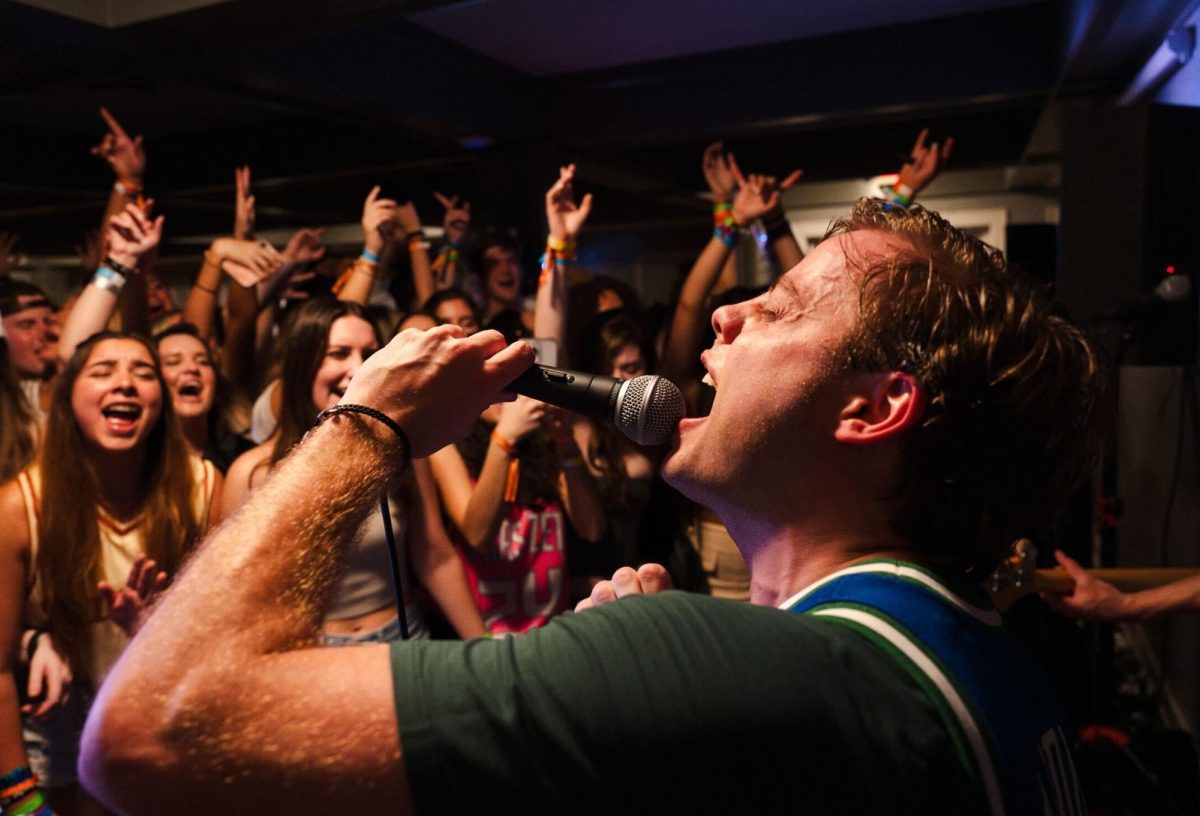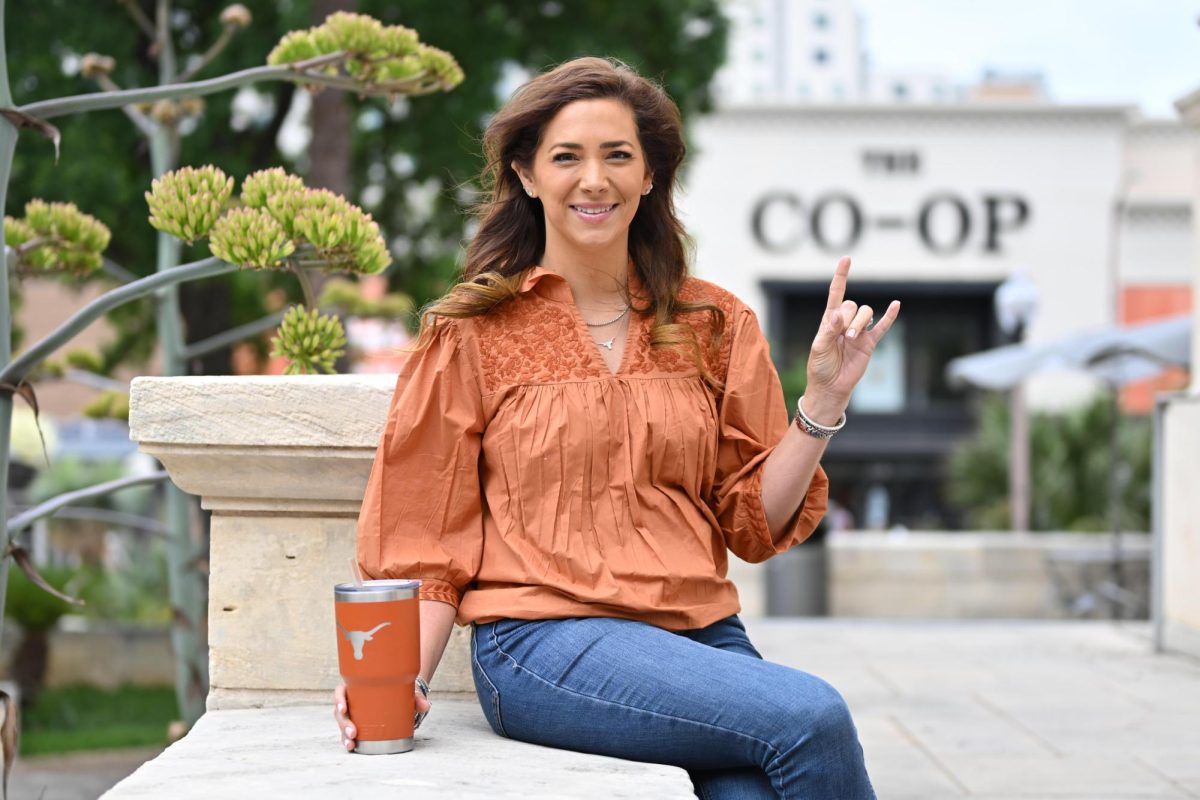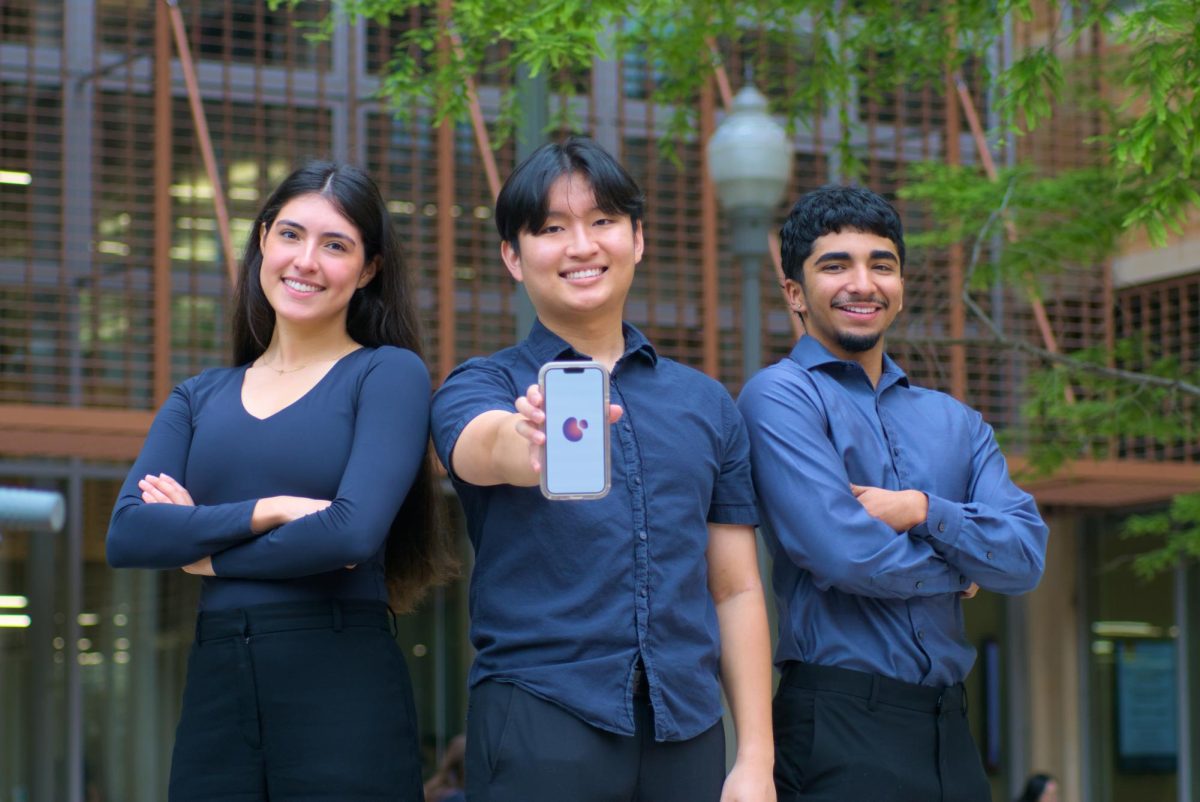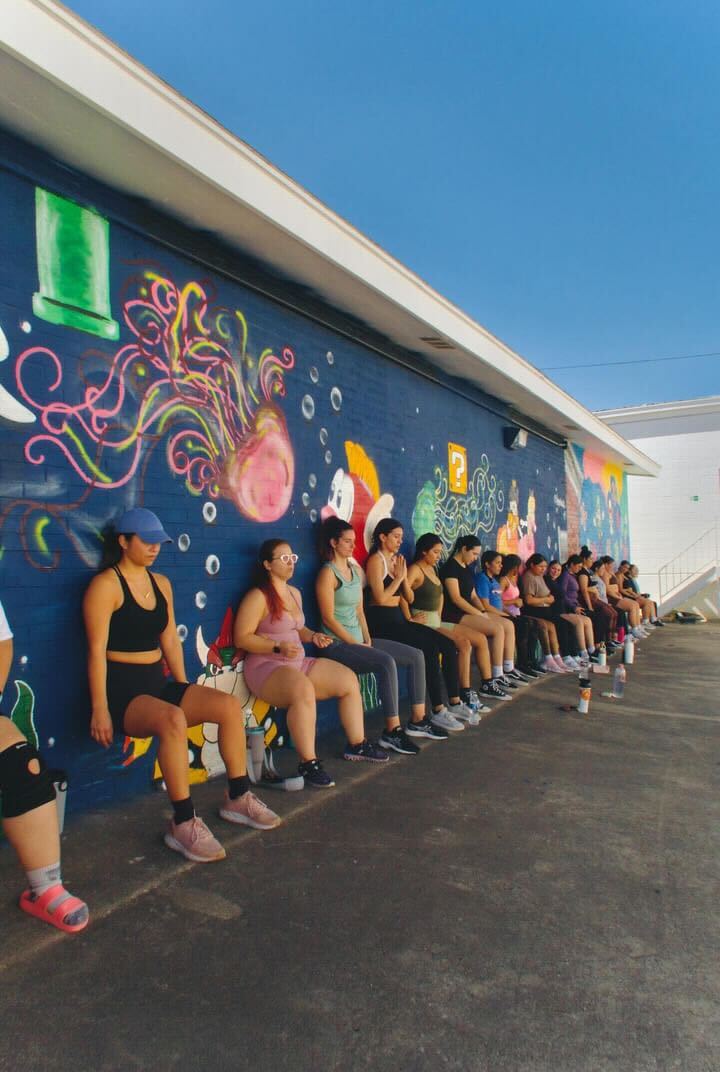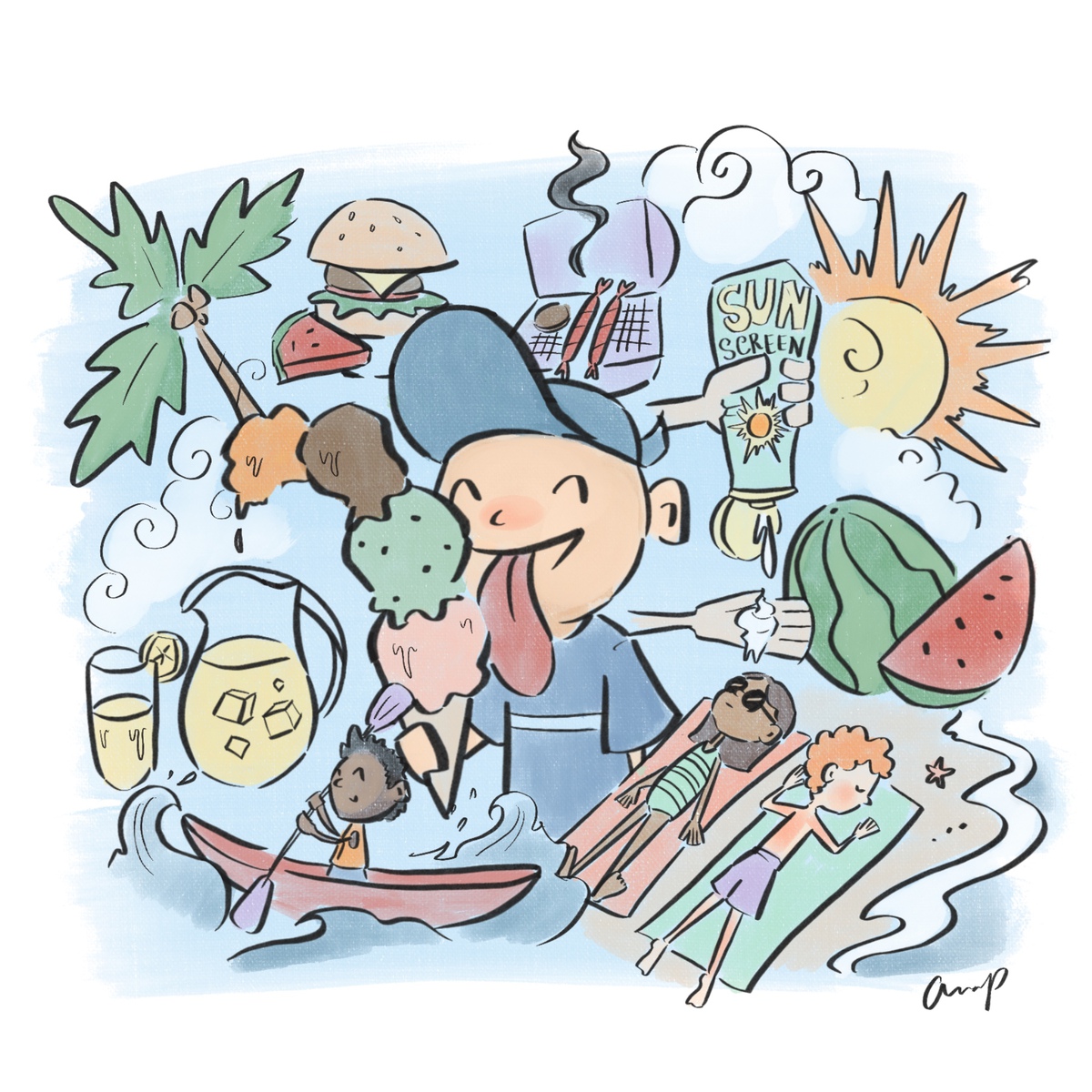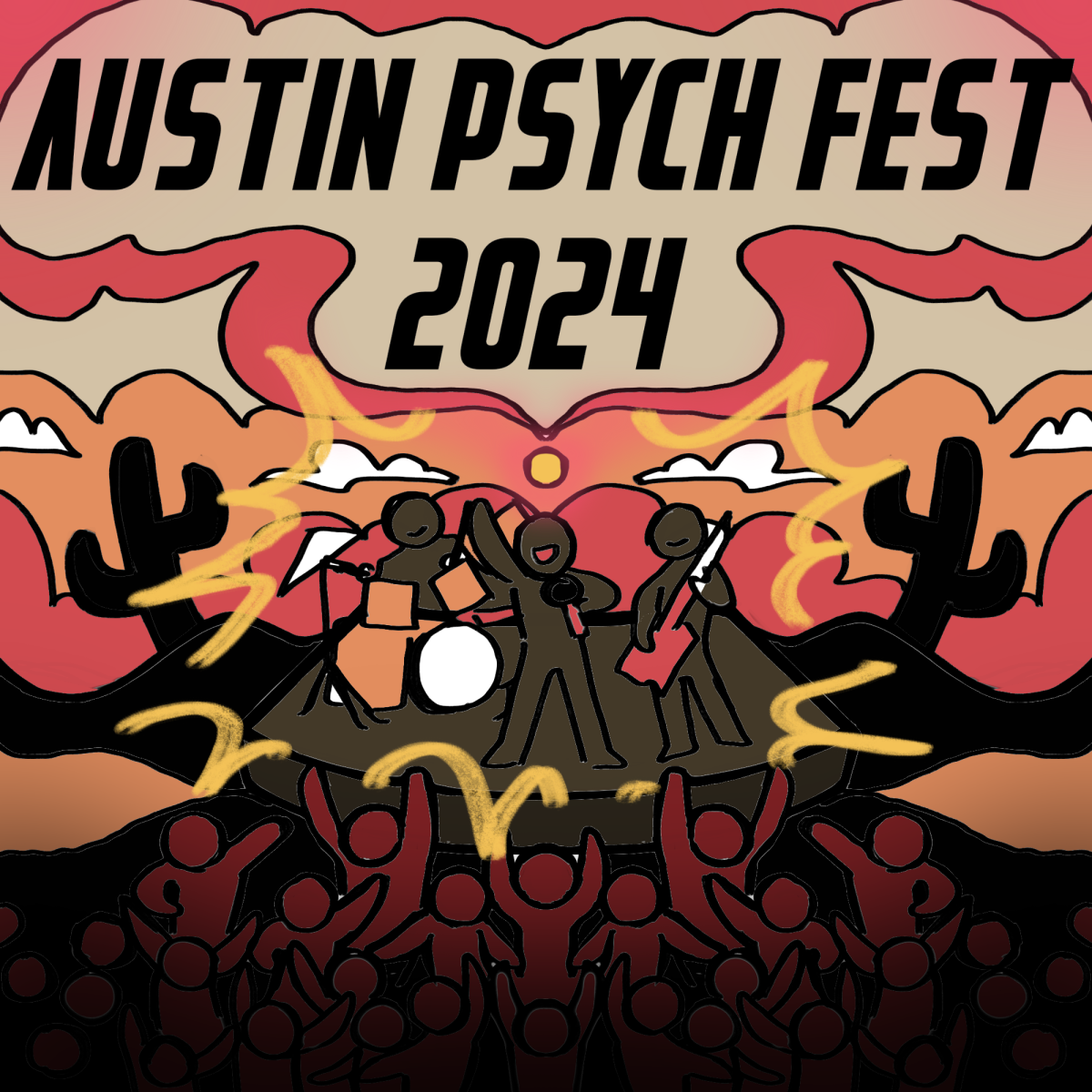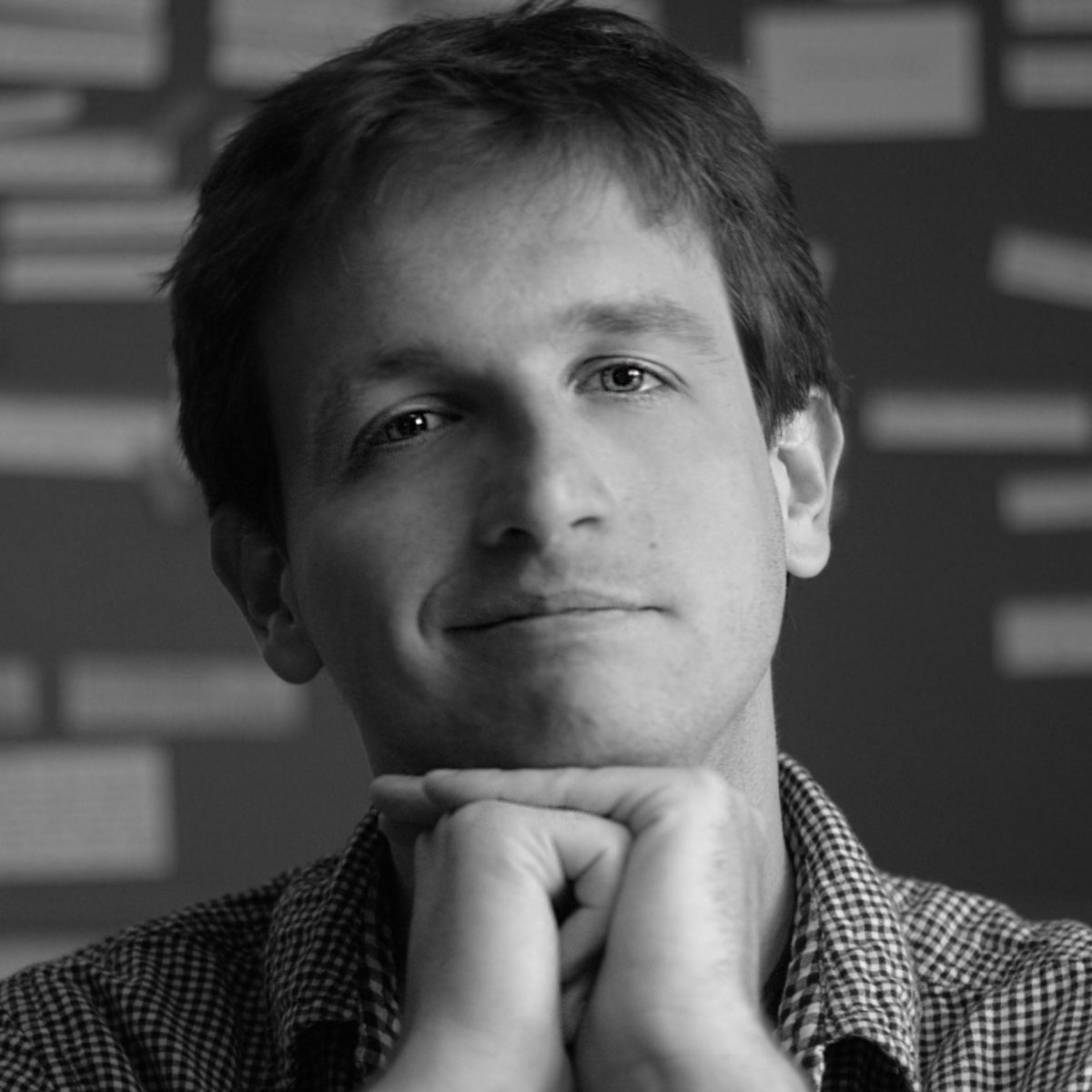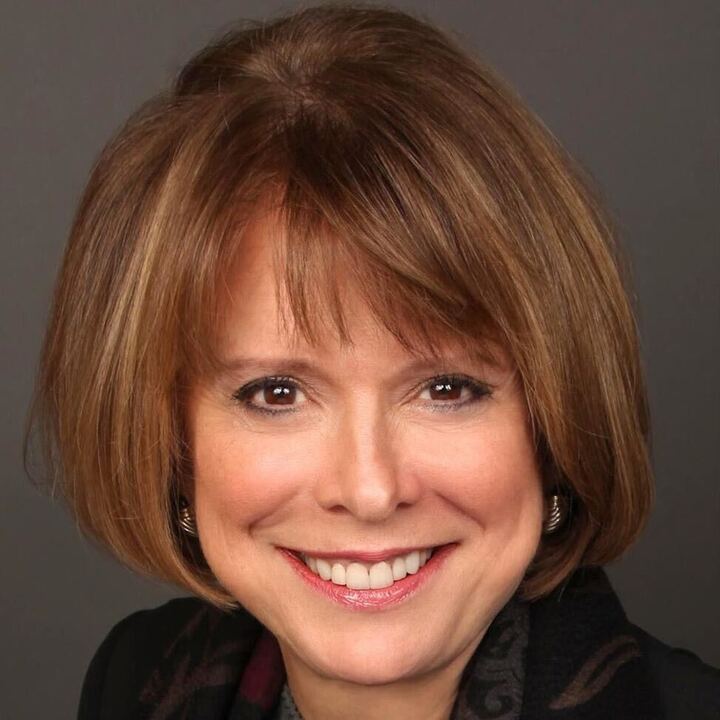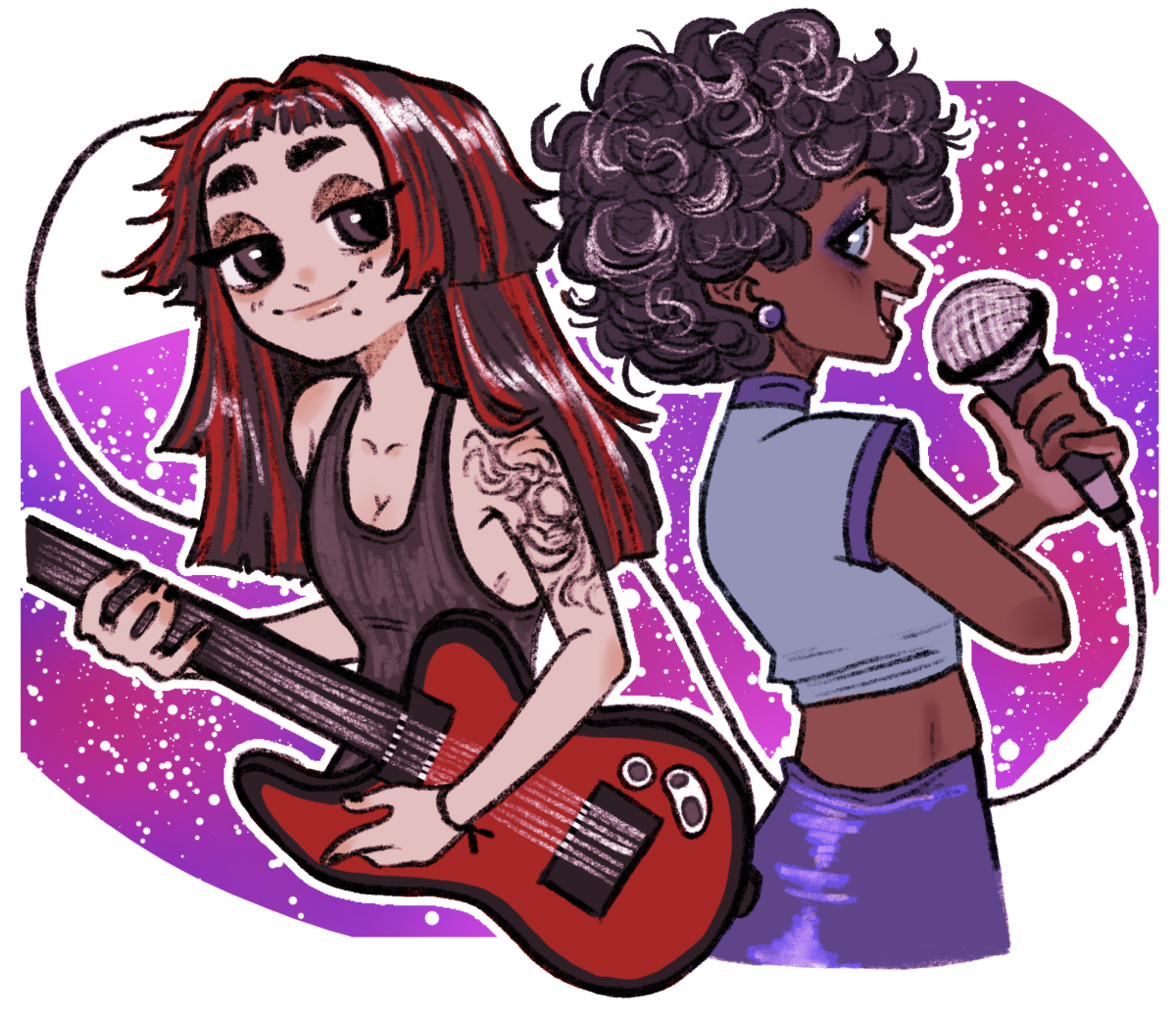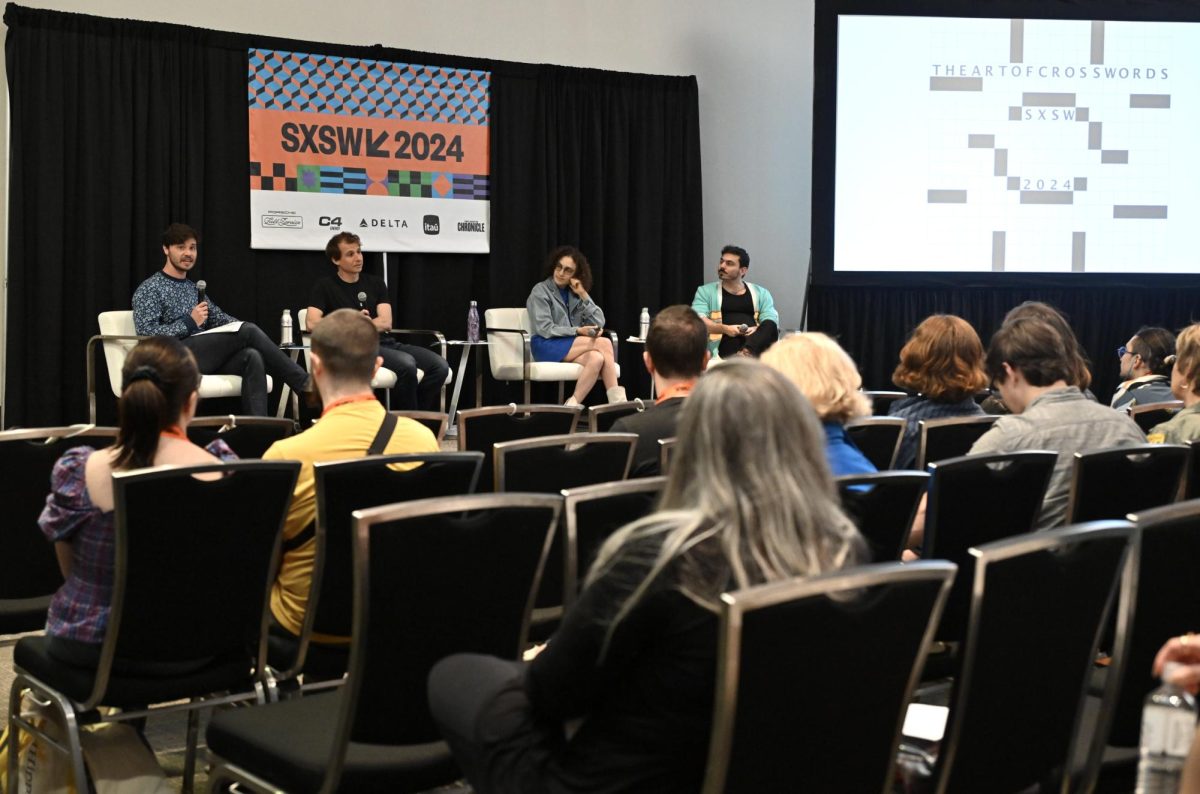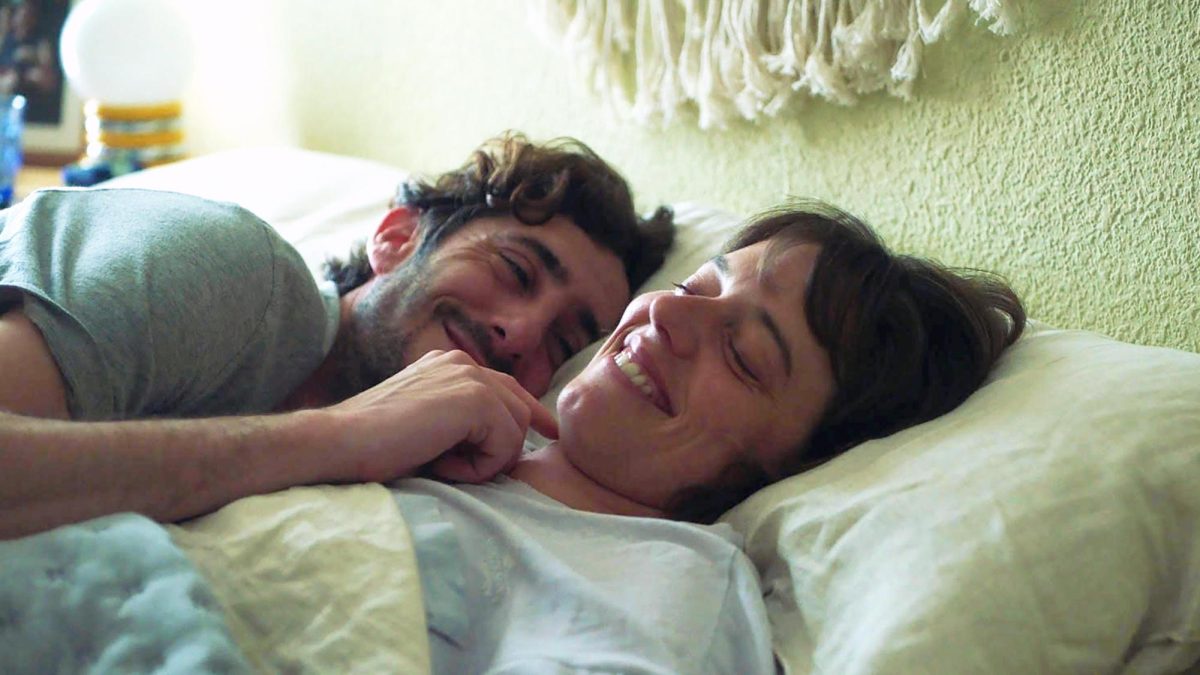Media creatives and video game enthusiasts crowded excitedly to see a South By Southwest panel on Sunday of four panelists discussing the effectiveness of immersive media, such as virtual reality, in treating mental health issues and inspiring empathy.
Led by DeepWell DTx co-founder Ryan Douglas, the four discussed how they plan to collaborate to create accessible and entertaining, over-the-counter treatment for mental health issues through gaming. Emmy award-winning artist Ryan Hartsell, Meow Wolf co-founder Vince Kadlubek and DeepWellDTx chief medical officer Sam Browd joined Douglas at the panel. DeepWell DTx is currently working on developing a first-person-shooter game that forces players to habitually hum through stressful situations to pass certain challenges in the game, which Douglas previewed during the session.
“The vagal nerve stimulation that happens when you’re doing this is real,” Hartsell said. “You find yourself outside of the game after a while, while you’re driving your car and you get stressed out or anything like that, and you start doing the same humming technique.”
Douglas suggested this habit can help people work through traumatic situations because when one experiences difficult situations in VR, it feels like a personal experience.
“Why first-person-shooter (games) can be really effective from a therapeutic standpoint is (because) if I want your attention, I don’t ask you to do Sudoku. I throw a ball in your face,” Douglas said.
Panel attendee Hannah Diehl said she felt excited about the opportunity of therapy and video games mixing in an entertaining way, which the panel suggested with a series of video games like DeepWell DTx’s.
“Being neurodivergent, video games helped me a lot growing up,” Diehl, who works in consumer marketing at Activision, said. “It’s amazing to see there are other like-minded individuals, even to the extent of doctors and scientists, who want to utilize amazing art and media to help alleviate a lot of these mental health issues that are starting to become more common.”
Aside from therapeutic benefits, the panelists discussed that by immersing players in creative spaces with VR, they can build their empathy for others by forcing them to go through seemingly personal experiences without having to imagine them for themselves.
“The lack of empathy is directly correlated to the lack of imagination. People that aren’t capable of putting themselves into somebody else’s shoes — you need an imagination to do that,” Hartsell said. “If you can create an experience that’s immersive, and they have to go through something, that becomes a real memory sense.”
Hartsell, whose VR series “Weird Times” places users into the experiences of different teens facing challenging scenarios such as having ADHD or going through depression, said he believes programs such as his aim to promote people’s understanding of one another and therefore decrease certain societal tensions.
“The more we’re able to talk about (mental health issues) and apply it to huge media mediums like video games, then we’ll really start to see these issues alleviate and who knows what else can come from it?” Diehl said. “If there’s a teenager that’s not worried about being self-conscious or having anxiety, they’re able to use that time and understand themselves better and be their best self … We’ve all got to just help each other.”



